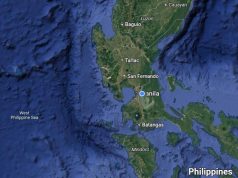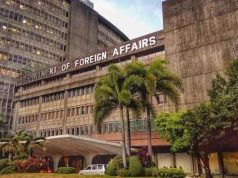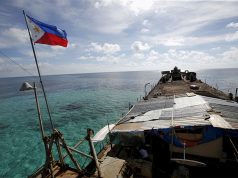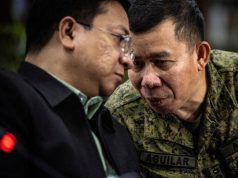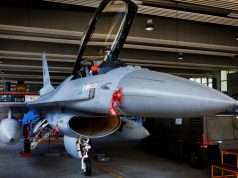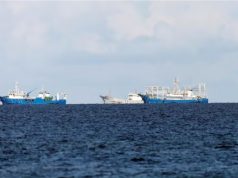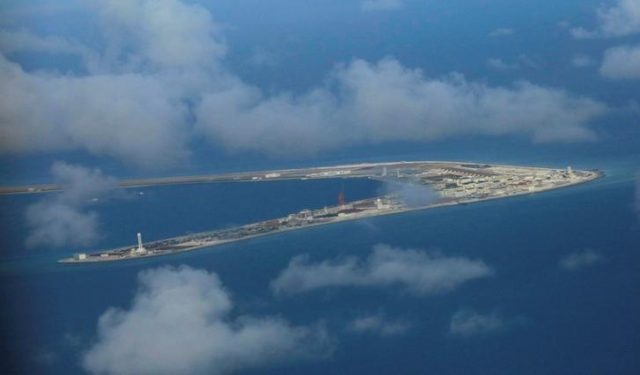
BEIJING – Addressing delegates to the ongoing One Belt and Road forum in Beijing, newly designated special envoy Jose de Venecia urged China and the Southeast Asian countries to embark on a joint development of the South China Sea.
He said this would speed up the effort to determine exactly where the oil and natural gas is located and their viability, adding that joint exploration had once been done already by the Philippines and fellow ASEAN member Vietnam along with China.
“In the Philippines, China and Vietnam venture, [there were] three seismic surveys to assess potential hydro carbons,” said De Venecia, former Speaker of the House of Representatives.
Incoming Foreign Affairs Secretary Alan Peter Cayetano stressed, however, that De Venecia was sharing a personal opinion and his proposal would require further study.
The Philippine government has not embarked on any joint exploration because every act has to be studied well to ensure it complies with law, Cayetano explained to reporters covering Manila’s attendance at he Beijing forum.
Certain conditions must be met for any joint exploration, according to Cayetano, citing as example the requirement that Filipino scientists must be onboard any mission, and the latter must be given copies of all researches done.
“There has to be a legal framework before . . . We’re bound by our laws,” Cayetano said.
Weapons from China
Despite the continuing jostling for territory in the South China Sea – where Manila has temporarily put on hold efforts to push its entitlements under a UN arbitral ruling against Beijing – the Philippine government is looking to buy weapons from China for the Armed Forces of the Philippines.
The Philippine defense establishment is still reviewing what materiél it would want to source from China.
Defense Secretary Delfin Lorenzana, who recently led a Philippine team that visited Pagasa island in the Spratlys and was challenged by Chinese forces in the process, said he sees nothing wrong in Manila sourcing some of its arms from China amid the territorial dispute.
What is important is the Philippines gets what suits its purpose, at the lowest cost, said Lorenzana.
Bilateral talks soon
Next week, the historic bilateral talks between Manila and Beijing on the South China Sea will get under way.
According to Philippine Ambassador to China Jose Santiago Sta. Romana, the bilateral consultative mechanism will be attended by representatives from the Philippine Department of Foreign Affairs and China’s foreign ministry.
“Next week we will inaugurate the bilateral consultative mechanism on issues of particular concern to each side. This is where the sensitive issues will be discussed,” said Sta. Romana. The first session will lay down the agenda for consultations, he added.
This will be done on the sidelines of the Asean-China Summit in Southwest China.
Sta. Romana said, “The first session will really cover terms of reference and try to draw the agenda. The first session will be the first step of the journey.”
The bilateral talks formed part of the agreements yielded by President Duterte’s state visit to China in October 2016.
According to Duterte administration officials, the President’s foreign affairs strategy has been proven effective because leaders of other nations are willing to listen to the Philippines.
Cayetano had said earlier there is no compelling reason to immediately disclose details of the bilateral negotiations, a matter that Sta. Romana agreed with.
“He (Cayetano) doesn’t want to use megaphone diplomacy. This is precisely the mechanism where you don’t use megaphone diplomacy. You talk to each other directly. You come up with issues and sometimes to understand the other side’s position, even though you don’t agree with each other is the first step to build the bridge of understanding,” Sta. Romana said.
Officials have been saying the territorial wrangling should be no reason to allow the entirety of China-Philippine relations to stagnate. This is the underpinning of that decision to participate in the One Belt and Road forum, to which Chinese leader Xi Jinping had invited Duterte.
As Sta. Romana explained it, “if you put the dispute in the front, on center of bilateral relations and you use that — that you have to resolve that first before you can have trade, before cultural links — the result is the relation will be frozen because it can’t be resolved overnight.”




